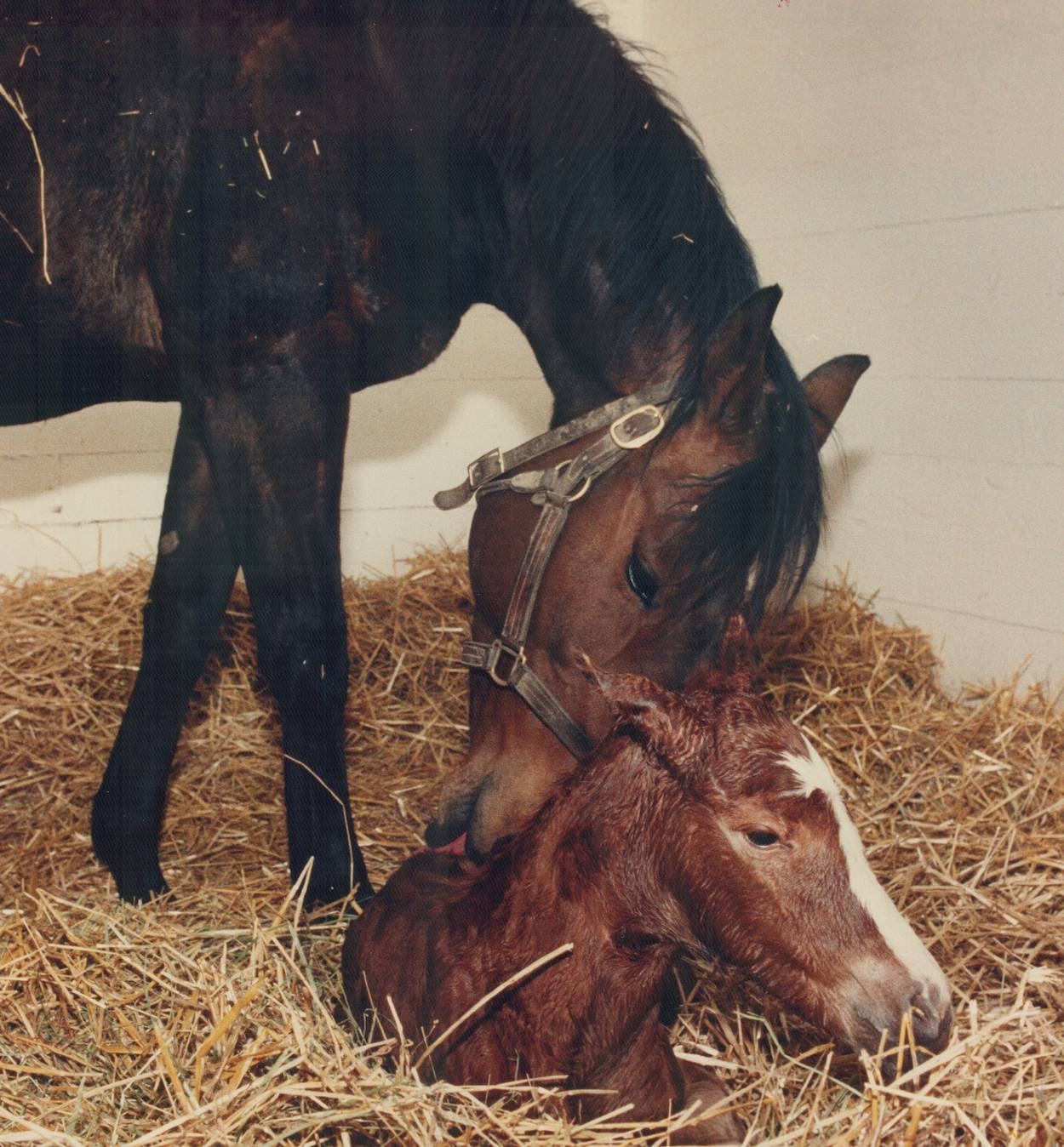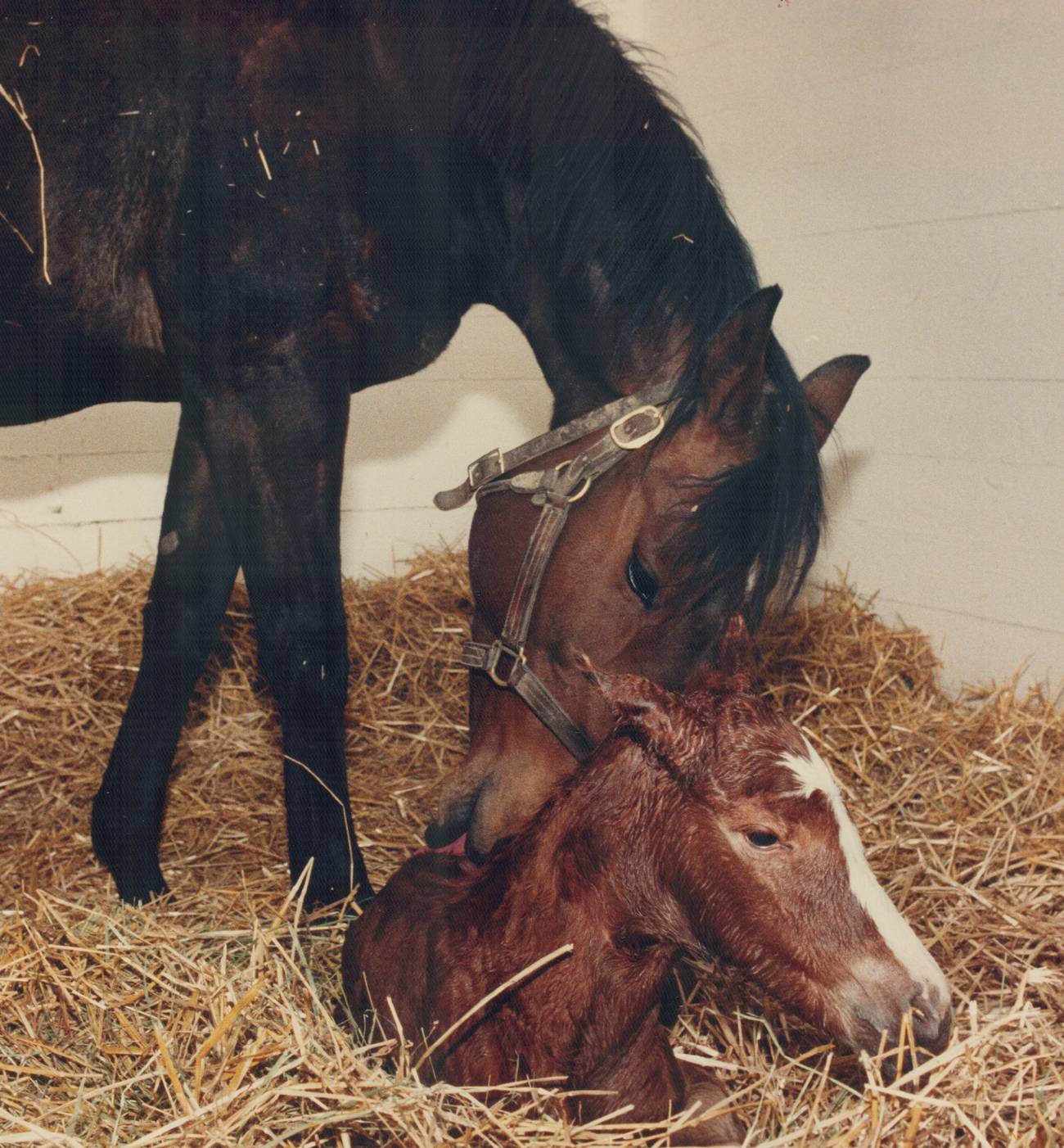After a Long Winter
Lessons from the pandemic days, when the world paused and the land healed




Here on the edge of the West Coast, early summer has already turned the hills from green to golden to brown. One has to drive carefully on our small, rural roads, as newborn fawns cross tentatively, sometimes stopping in the middle, not yet knowing the difference between a natural and human landscape. And although the local bus reads “Face Coverings Required,” there is a lightness in the air, a loss of primal anxiety after the long winter of the pandemic. In our small community most people are vaccinated, and when we meet walking on the trails we can once again smile a greeting.
A year ago, the pandemic gave us a moment’s pause—the air pollution lessened, the water in Venice, Italy, was clear enough to see fish, white dolphins were spotted swimming in the port. But now carbon emissions are once again increasing, the second-largest increase in history, and cruise ships have returned to Venice. The brief respite from our mad rush into climate crisis seems over. And those of us living close to the land can feel this more clearly. Here we face the two harbingers of drought and fires: The reservoirs are dangerously low as we face a long, hot summer; and we have already had our first red flag wildfire warning day of the year. We expect summer will bring more tinder-dry days and fires.
As I watch these early summer days—the garden bursting with color, the hummingbirds once again drinking nectar from the newly flowering foxgloves—I can understand our desire to put the trauma of the pandemic behind us. But I also wonder at our ability to forget, to turn away from a lesson that engulfed us for more than a year, and which is still overburdening the hospitals and crematoriums in India. Is this our human nature? Or a product of our fast-paced culture, in which every story is washed away by the next day’s tide? Or is it a deeper denial, that we cannot or dare not face the primal truth that our present, energy-intensive, materialistic society is no longer sustainable? The pandemic may have been born from an imbalance in nature and may point to future pandemics as well as a worsening loss of biodiversity, but we appear too caught in this nightmare of eternal economic growth and consumerism to change, to leave behind the growing wasteland in which the air, the water, and the soil are increasingly toxic.
In my everyday rural life, I experience two stories: that of the natural world that awakens every morning around me, with the birdsong and squawking of egrets in the nearby wetlands, the hills turning brown and promising fires; and our human story, rushing into catastrophe as more rainforests are clear-cut for palm oil, and we spin our fantasies of zero emissions, based upon yet-to-be-invented technologies of carbon capture. And now these two stories are colliding, the myth of a civilization built upon the exploitation of human beings and the natural world, and the primal power of nature herself. Is our collective memory so fragile, so short, that we cannot remember the forces that determined our life for millennia? Are our ancestors so far away, so long buried, that we have lost their essential connection to the earth under our feet, and cannot sense the storms that are coming?
When I see the newborn fawn on tentative legs, unsure how to cross the road, I feel this meeting of stories; and as other cars stop and wait, I know that we do not want to destroy this fragile, beautiful world, even as our corporations and governments continue their ecocide.
There was a time when the soul of humanity and the soul of the natural world were bonded together, and everything was sacred. We could not imagine that we were separate from the natural world around us, the living Earth that sustains us with her endless generosity and numinous wonder. This is how our consciousness was for millennia, and is still held by some Indigenous people, but was almost completely lost as the world was colonized. We cannot return to the simplicity of an Indigenous lifestyle, but we can recognize the power of stories to determine our collective destiny. Do we have to live as exiles, banished from the garden, or is there a way to reconnect, to regain this essential awareness? To live a single story that embraces and sustains all of life—a way to walk into a future where two stories do not collide, causing chaos, catastrophe, millions of climate refugees, and possible social collapse?
This I see as the real challenge of the present time. Yes, there is vital work to be done reducing carbon emissions, combatting the loss of biodiversity, and restoring wild places. But it is stories that determine our life more than we realize, more than our rational selves can acknowledge. Technology, despite all of its promises, cannot save us—it has already taken us to the edge of climate collapse. Stories are what give real meaning and sustenance to our lives, form our collective identities, and root us in a place of belonging.
For a moment in the pandemic, our present story paused and the air cleared. There was a glimpse of a different way to exist, one that valued a life of community rather than commodity, qualities that supported us through the dark days of winter when COVID cases rose and food lines lengthened, when social media created more divisiveness and distrust. When I see the newborn fawn on tentative legs, unsure how to cross the road, I feel this meeting of stories; and as other cars stop and wait, I know that we do not want to destroy this fragile, beautiful world, even as our corporations and governments continue their ecocide. There is something deeper, more essential that holds us together, that speaks to us in the wind and the birdsong, in the eyes of the mother deer looking anxiously through the trees.
As we rush toward a return to normal, it is vital that we do not forget the lessons of the pandemic: the loss of natural habitat that might have been its cause; the imbalance of our present way of life; the qualities of kindness, care, and community that sustained us, and which we will need even more in the longer winter of the coming climate crisis. And maybe we realized that Zoom is not a real alternative to actual human contact, where we can see a face that is not a pixelated image. Perhaps we need a connection with family and friends where all of our senses are engaged.
And in that moment, when our personal or collective anxieties did not overwhelm us, if we were not fearful for health or hunger, maybe we could see more clearly. Maybe something elemental returned to our lives, like the wild goats found wandering the streets of a Welsh village. And we sensed a story in which we are all a part of the same living world—not separate, trying to control or isolate ourselves from nature, but united, conscious that we belong to a single ecosystem. At this time of escalating global crises, racial and social injustice and inequality, is there a longing to return to a way of being with each other and with the Earth that is not exploitative, but celebrates another, older story of kinship?
Watering my vegetables, picking a lettuce for supper, I am back in the garden and separation is just a myth, a story we told ourselves. The other morning, walking early, I encountered a pair of raccoons stealthily padding across a neighbor’s lawn, and felt a kinship with them. This simple, elemental relationship nourishes me with a knowing deeper than my rational mind. As I watch the troubles in our world, sensing how easily it can spin into chaos, I am part of another story where time moves more slowly. I wonder what world my grandchildren’s grandchildren will walk in, what birdsongs will have been lost, wildflower meadows never seen, but I also feel a wisdom that can carry us through these uncertain times. In this sense, the pandemic, with its anguish and anxiety, is also an opportunity to reconnect with a more sustaining rhythm, where the tides and the seasons move together, where our human destiny is once again woven into the fabric of the living Earth.
Llewellyn Vaughan-Lee, Ph.D., is a Sufi teacher and author. He has recently released a podcast, Stories for a Living Future. You can listen to it here and wherever podcasts are found.